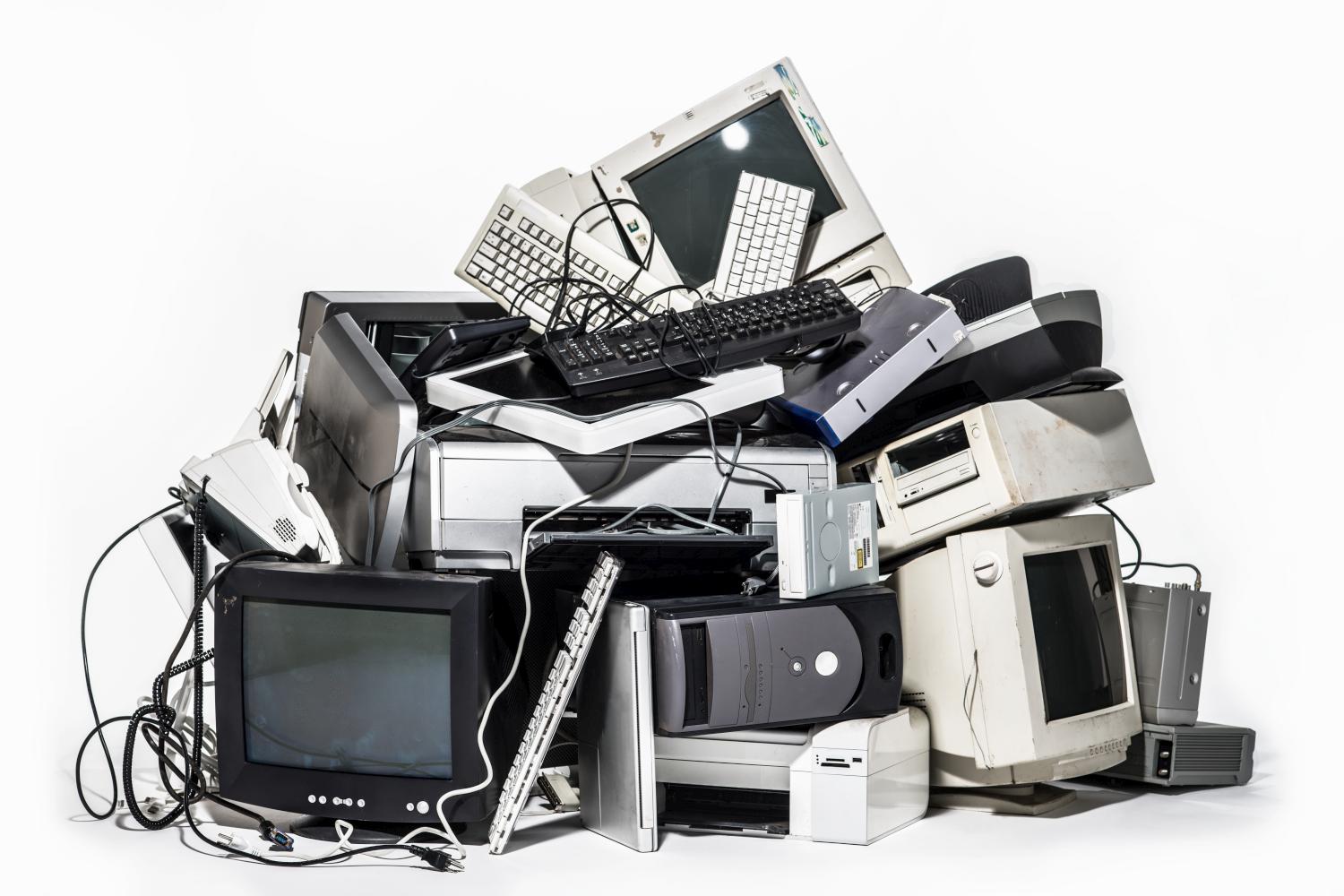
Have an old computer lying around the house? Don’t just throw it away. Computers house all sorts of toxins that are bad for the environment and all of us who live in it. Not to mention the personal information—passwords, account numbers, license keys or registration numbers for software programs, addresses and phone numbers, medical and prescription information, tax returns and other personal documents—that you would rather not fall into the wrong hands.
So what to do?
How to delete your personal information
However you choose to dispose of your computer, you need to do several things if you don’t want a stranger to access your data.
Save important files
Back up your files or transfer them to a new computer. While you can certainly invest in an external drive, the simplest way to do this is to use a cloud service such as Google Drive or Microsoft’s OneDrive. Google Drive gives you 15GB of storage for free and if you need more you can buy 100GB for $1.99 a month and 1TB for $9.99 a month. OneDrive gives you 7GB of free storage with options to buy 50GB, 100GB and 200GB for annual subscriptions of $25, $50 or $100 respectively. Apple iCloud and Dropbox offer similar packages.
After backing up your files in the cloud, you can easily transfer them to a new machine or access them anywhere you have an Internet connection, even from your smartphone. Cloud storage also comes in handy if your computer dies and you need to restore your files or you’re traveling and need access to data on a different device.
“Wipe” your hard drive clean
Simply deleting files won’t cut it. Even if a file name doesn’t show up on the list of available files the old file data is still there until it is overwritten and a bad guy can use a data recovery program to retrieve it. To remove it from your hard drive permanently, use a dedicated hard-drive wiping program. For Windows PCs try File Shredder (free) and for Macs try Permanent Eraser (free).
Ideally, you’ll want to completely reformat your hard drive, as well. But if that sounds a little daunting to you, at least try to follow the additional steps we recommend below.
How to dispose of your computer
To avoid all those toxins ending up in a landfill, the better choice is to recycle, donate, trade in or sell your computer.
Recycling your computer
If you opt to recycle it, keep in mind that some recyclers will simply take your old machine and ship it over to developing nations where children are often used to scavenge piles of e-waste looking for valuable components. To avoid contributing to this irresponsible practice, use a recycler that is part of the “e-Steward” network, meaning they don’t export to places like Pakistan or China, and they follow other high standards. Many of them also will reuse and refurbish electronics. The Electronic TakeBack Coalition offers tips for other ways to responsibly offload your electronics if one isn’t located near you.
Trading in your computer
As for trading in your PC or laptop, there are scads of companies that offer trade-in programs through which you can sell a wide assortment of used electronics. A few options include BuyMyTronics.com, Gazelle.com and the Amazon Trade-In program. Your local Best Buy or Radio Shack also have trade-in options, but compare what they offer against the online services first.
This article was written by Christina DesMarais and originally appeared on Techlicious.
More from Techlicious:
More Must-Reads from TIME
- Donald Trump Is TIME's 2024 Person of the Year
- Why We Chose Trump as Person of the Year
- Is Intermittent Fasting Good or Bad for You?
- The 100 Must-Read Books of 2024
- The 20 Best Christmas TV Episodes
- Column: If Optimism Feels Ridiculous Now, Try Hope
- The Future of Climate Action Is Trade Policy
- Merle Bombardieri Is Helping People Make the Baby Decision
Contact us at letters@time.com